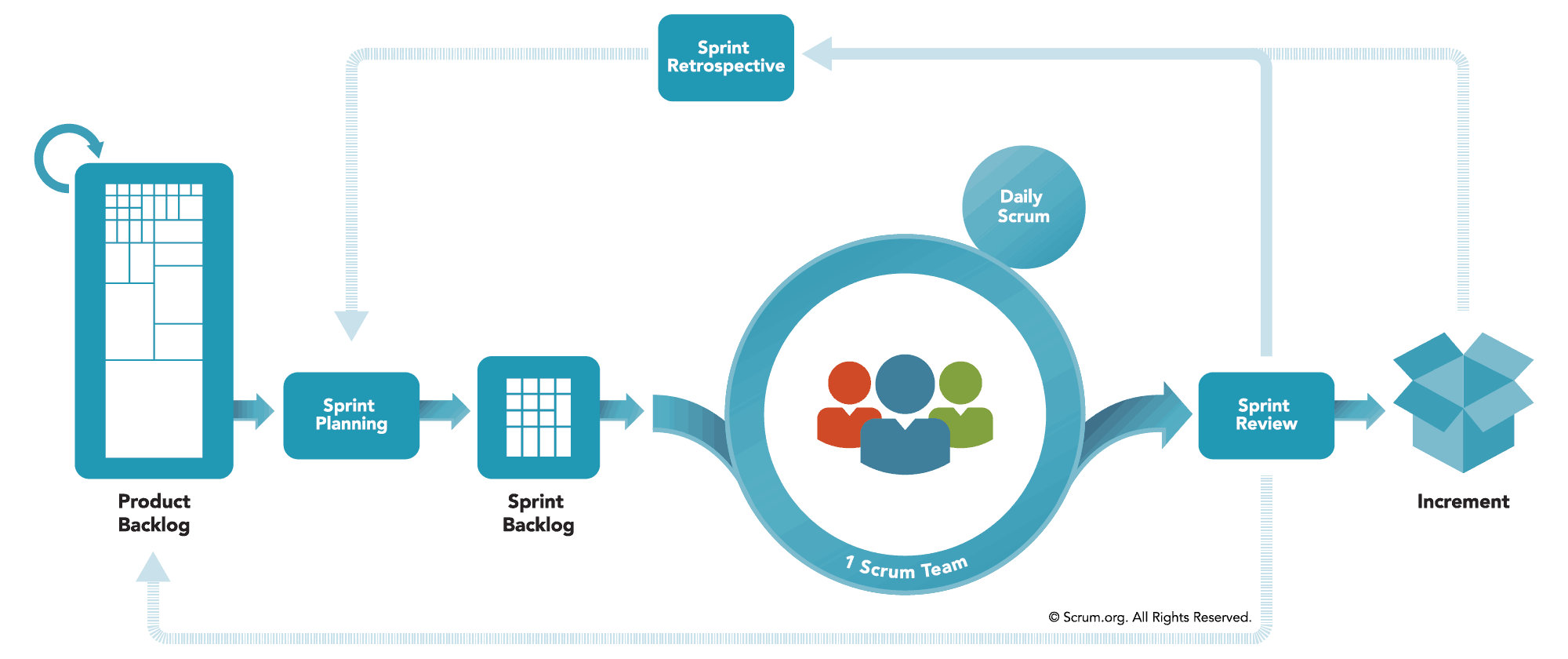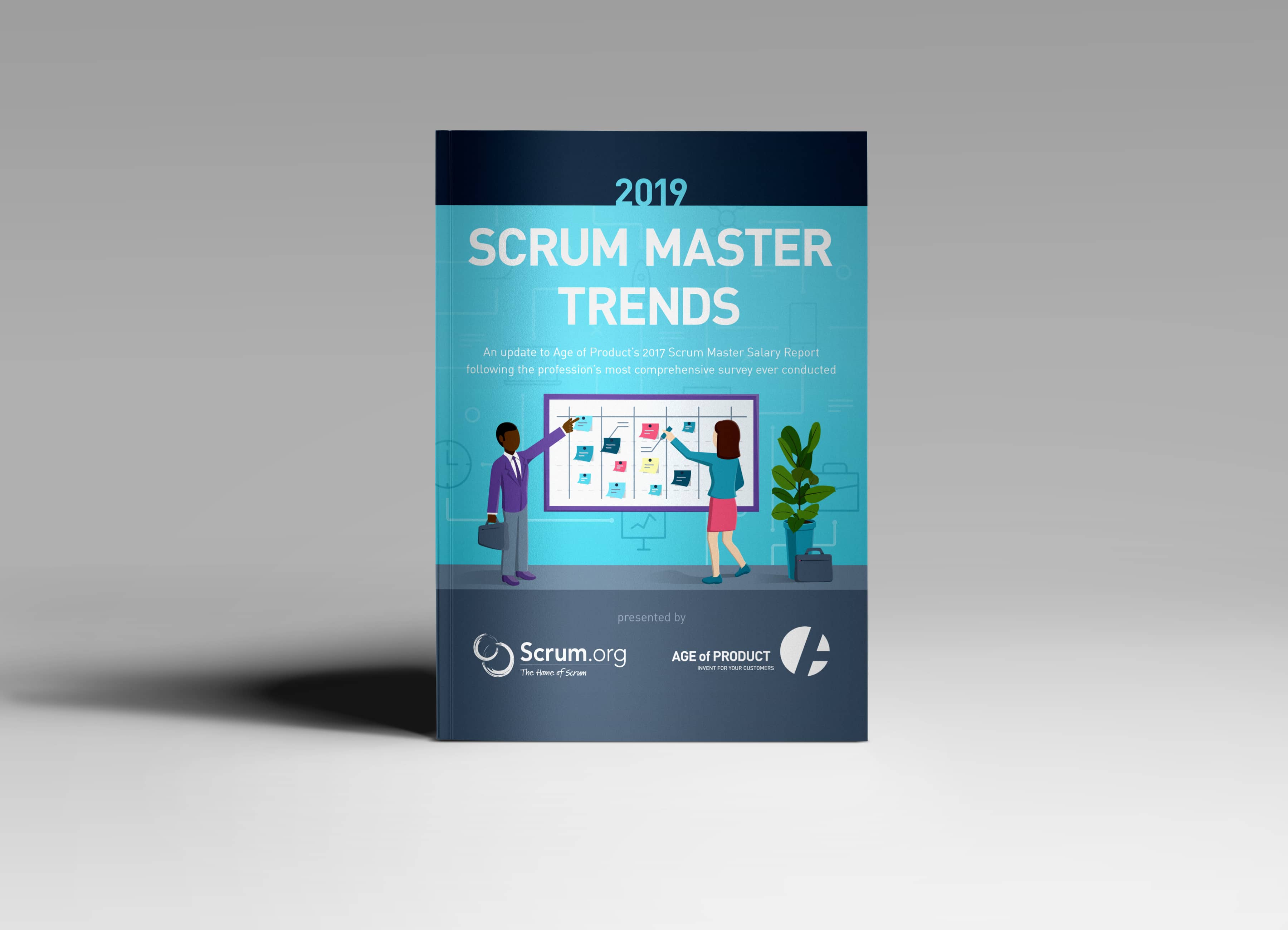Scrum adheres to a defined time frame, known as a Sprint, for both planning and delivery. The success of this framework (not methodology) hinges on the discipline, habits, organizational culture, and collaborative efforts of the team.
The Scrum Master assumes multiple roles as a coach, mentor, trainer, and facilitator. Their responsibility is to encourage adherence to Scrum values without imposing them and to disseminate Agile principles throughout the organization. By helping eliminate obstacles and fostering continual improvement in team maturity and value-related processes, the Scrum Master plays a crucial role.
In the Scrum framework, stakeholders collaborate closely with the Scrum team, particularly with the Product Owner, who oversees the overall product vision and the Product Goal. The short Sprint periods enable the team to promptly respond to market needs, competitor activities, and emerging trends. Frequent releases within each iteration facilitate rapid validation of assumptions against user expectations and satisfaction levels. This iterative process results in a product closely aligned with user needs, contributing to the ongoing development of the Scrum Team and its business success.
Professional Scrum Master training equips participants to take on the role of a Scrum Master, responsible for overseeing the Scrum process and ensuring that the team improves their maturity over time.










![Scrum Guide [2020.11]](https://miroslawdabrowski.com/wp-content/uploads/2024/01/Scrum-Guide-2020.11.jpg)



![Evidence Based Management Guide [2019.01]](https://miroslawdabrowski.com/wp-content/uploads/2019/01/Evidence%20Based%20Management%20Guide%2001.2019.jpg)
![Evidence Based Management Guide [2018.09]](https://miroslawdabrowski.com/wp-content/uploads/2018/10/Evidence%20Based%20Management%20Guide%2009.2018.jpg)
![The 8 Stances of a Scrum Master Whitepaper v2.0 [2017.05]](https://miroslawdabrowski.com/wp-content/uploads/2017/10/The%208%20Stances%20of%20a%20Scrum%20Master%20Whitepaper%20v2.0%20%5B05.2017%5D.jpg)

